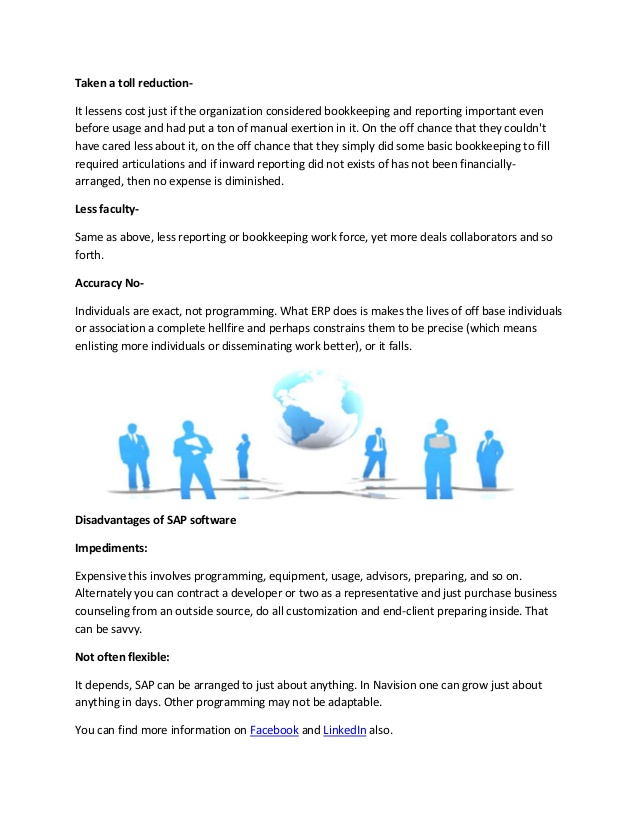
Some cloud providers tend to offer limited versions and enable the most popular features only, so you may not receive every feature or customization you want. However, Stratosphere Networks has a 24/7 live help desk that can rectify any problems immediately. For companies who have an in-house IT staff, they will be unable to handle issues on their own. When moving services to the cloud, you are handing over your data and information. With less downtime, it is the most efficient recovery plan. Cloud computing delivers faster and more accurate retrievals of applications and data. As companies grow, their system will grow with them. The cloud is easily scalable so companies can add or subtract resources based on their needs. Overhead technology costs are kept at a minimum with cloud hosting services, enabling businesses to use the extra time and resources for improving the company infrastructure.

However, a backup could be worth looking into in the event of a disaster that could leave your company's productivity stagnant. Since everything will be hosted in the cloud, a physical storage center is no longer needed. This allows for easy collaboration and sharing among users in multiple locations. An Internet cloud infrastructure maximizes enterprise productivity and efficiency by ensuring your application is always accessible.

Readily manageable by the Internet, a cloud infrastructure can be accessed by enterprises easily and quickly. Cloud hosting allows business to retain the same applications and business processes without having to deal with the backend technicalities.

Before you make the switch, it's important to ask this question: "Am I ready?" Stratosphere Networks is here to help by weighing the pros and cons below. While harnessing the power of cloud computing to streamline IT processes can make daily computing much easier, it's not something to rush into. Non-Cloud UsersĬloud computing seems to be the buzzword of the decade and more businesses are making the switch every day.


 0 kommentar(er)
0 kommentar(er)
